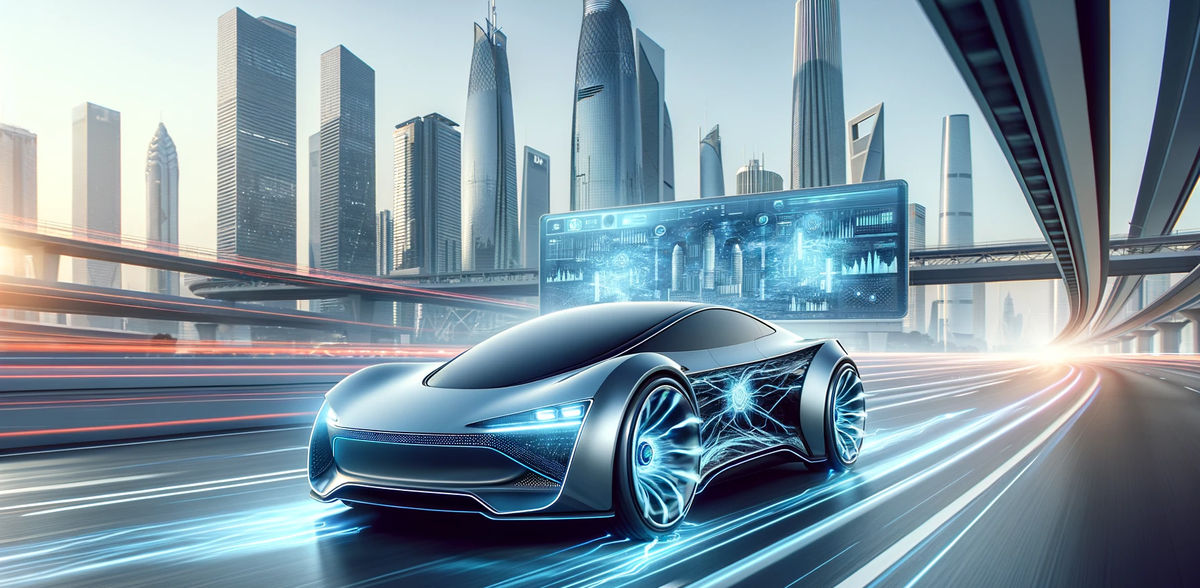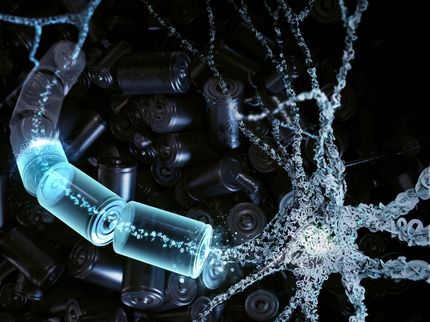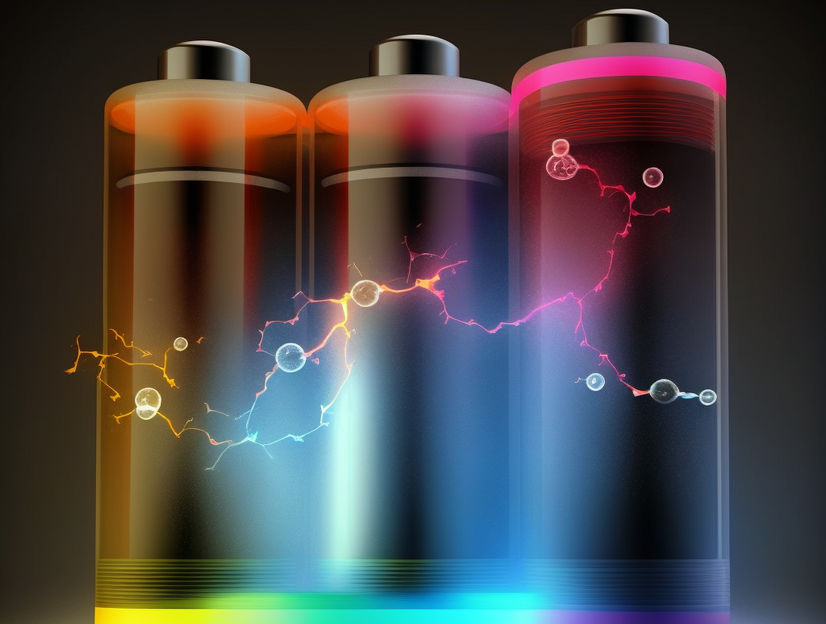New battery technology could lead to safer, high-energy electric vehicles
Researchers develop way to prevent damage that plagues next-gen lithium batteries
University of Maryland researchers studying how lithium batteries fail have developed a new technology that could enable next-generation electric vehicles (EVs) and other devices that are less prone to battery fires while increasing energy storage.
The innovative method, presented in a paper published in the journal Nature, suppresses the growth of lithium dendrites—damaging branch-like structures that develop inside so-called all-solid-state lithium batteries, preventing firms from broadly commercializing the promising technology. But this new design for a battery “interlayer,” led by Department of Chemical and Biomolecular Engineering Professor Chunsheng Wang, stops dendrite formation, and could open the door for production of viable all-solid-state batteries for EVs.
At least 750,000 registered EVs in the U.S. run on lithium-ion batteries—popular because of their high energy storage but containing a flammable liquid electrolyte component that burns when overheated. While no government agency tracks vehicle fires by type of car, and electric car battery fires appear to be relatively rare, they pose particular risks; the National Transportation Safety Board reports that first responders are vulnerable to safety risks, including electric shock and the exposure to toxic gasses emanating from damaged or burning batteries.
All-solid-state batteries could lead to cars that are safer than current electric or internal combustion models, but creating a strategy to bypass the drawbacks was laborious, Wang said. When these batteries are operated at the high capacities and charging-discharging rates that electric vehicles demand, lithium dendrites grow toward the cathode side, causing short circuits and a decay in capacity.
He and Postdoctoral Associate Hongli Wan began to develop a theory for the formation of lithium dendrite growth in 2021; it remains a matter of scientific debate, the researchers said.
“After we figured out that part, we proposed the idea to redesign the interlayers that would effectively suppress the lithium dendrite growth,” he said.
Their solution is unique because of the stabilizing of the battery’s interfaces between the solid electrolyte and the anode (where electrons from a circuit enter the battery) and the electrolyte and the cathode (where energy flows out of the battery). The new battery structure adds a fluorine-rich interlayer that stabilizes the cathode side, as well as a modification of the anode’s interlayer with magnesium and bismuth—suppressing the lithium dendrite.
“Solid-state batteries are next-generation because they can achieve high energy and safety. In current batteries, if you achieve high energy, you’ll sacrifice safety,” said Wang.
Researchers have other challenges to solve before the product enters the market. To commercialize all-solid-state batteries, experts will have to scale down the solid electrolyte layer to achieve a similar thickness to the lithium-ion batteries’ electrolyte, which will improve energy density—or how much power the battery can store. High costs of basic materials are another challenge, the team said.
Aiming to release the new batteries to the market by 2026, advanced battery manufacturer Solid Power plans to begin trials of the new technology to assess its potential for commercialization. Continuing research aims to further boost energy density, the researchers said.
Original publication
Other news from the department science
Most read news
More news from our other portals
See the theme worlds for related content
Topic World Battery Technology
The topic world Battery Technology combines relevant knowledge in a unique way. Here you will find everything about suppliers and their products, webinars, white papers, catalogs and brochures.

Topic World Battery Technology
The topic world Battery Technology combines relevant knowledge in a unique way. Here you will find everything about suppliers and their products, webinars, white papers, catalogs and brochures.
































































